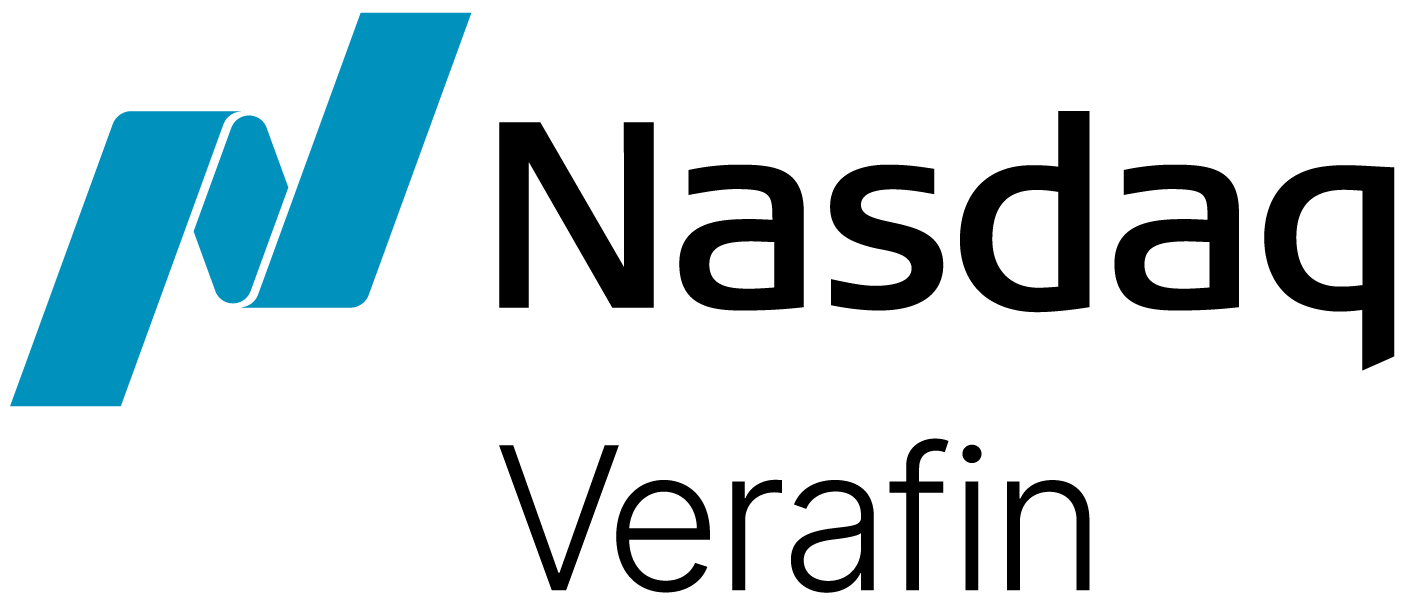We teach our kids to share, we understand the value of teamwork, and we know that usually, the whole is indeed greater than the sum of its parts. These ideas of sharing, collaboration and teamwork prove beneficial for most things in life as they do in the world of financial crime detection. Lately, you’ve probably read quite a bit about information sharing. It’s a pretty hot topic because regulators and law enforcement are urging financial institutions to work together to fight financial crime, but there’s a lot of information out there and sometimes it can be difficult to wade through the unfamiliar terms and jargon.
Once it’s broken down, you understand that it’s really quite simple and, ultimately, very effective to collaborate. The following is the first in a Collaboration blog series that outlines the basics of 314(b) information sharing.
First things first: What is it?
Section 314(b) of the USA PATRIOT Act allows financial institutions to share information with one another in order to identify and report activities that may involve money laundering or terrorist financing activity to the federal government. FIs have to provide notice to FinCEN first, by the way. Using Section 314(b), information can be shared under a safe harbor that offers protection from liability.
Who can collaborate?
FIs subject to an anti-money laundering program requirement under FinCEN regulations, and any association of said financial institutions. It’s important to note that while FinCEN strongly encourages financial institutions to collaborate by using 314(b), it is completely voluntary. Like all volunteer work, you do it for a good cause. In this case it’s to go the extra mile to prevent financial crime. (FinCEN released a Section 314(b) Fact Sheet which provides a list of FI types that are eligible to participate.)
How do I get started?
There are just a few quick steps. The first is to notify FinCEN and register. If you’re interested in registering now, or want to see what’s involved, click here.
It should only take a few minutes, and you’ll get an acknowledgement when you are approved. You simply then need to renew every year thereafter. Before sharing any information with another FI, you must verify, or make reasonable efforts to verify, that the other institution is also registered for Section 314(b). FinCEN will give you instructions on accessing the list of 314(b) participants after acknowledgement of registration.
What am I allowed to share?
You can share information involving terrorist financing or money laundering activity; information about individuals, entities, organizations, and countries suspected of possible money laundering and terrorist financing activity; and information about transactions that the institution suspects may involve the proceeds of specified unlawful activities (SUAs) under money laundering statues. This includes a long list of fraud-related activities.
What am I not allowed to share?
You are not allowed to share Suspicious Activity Reports (SARs) or any information about the existence of a SAR or the intent to prepare or file a SAR.



